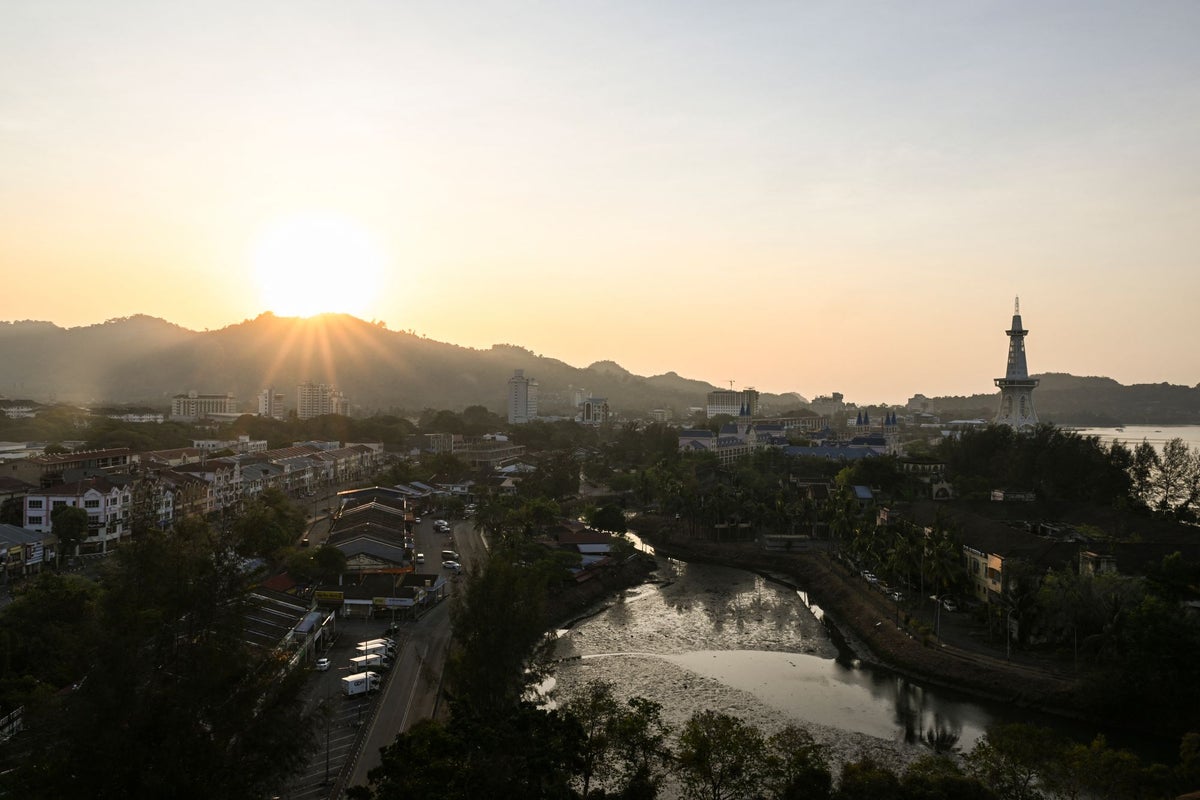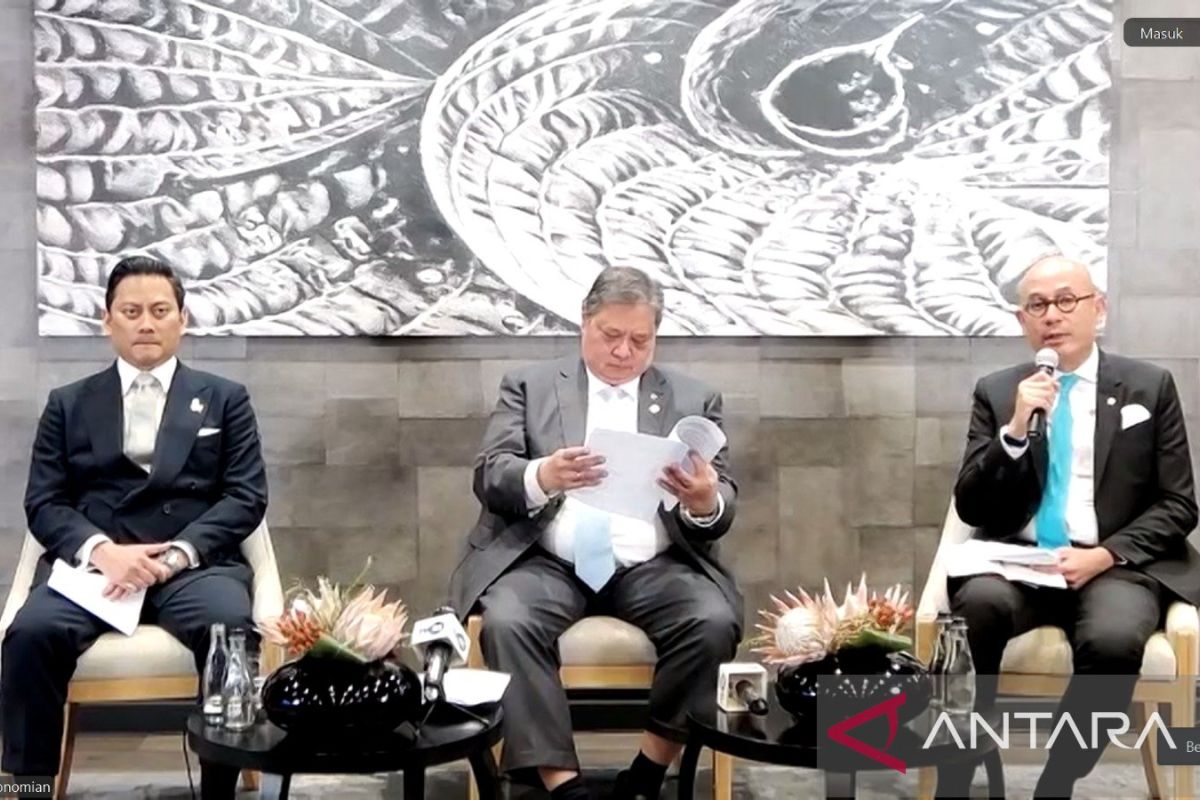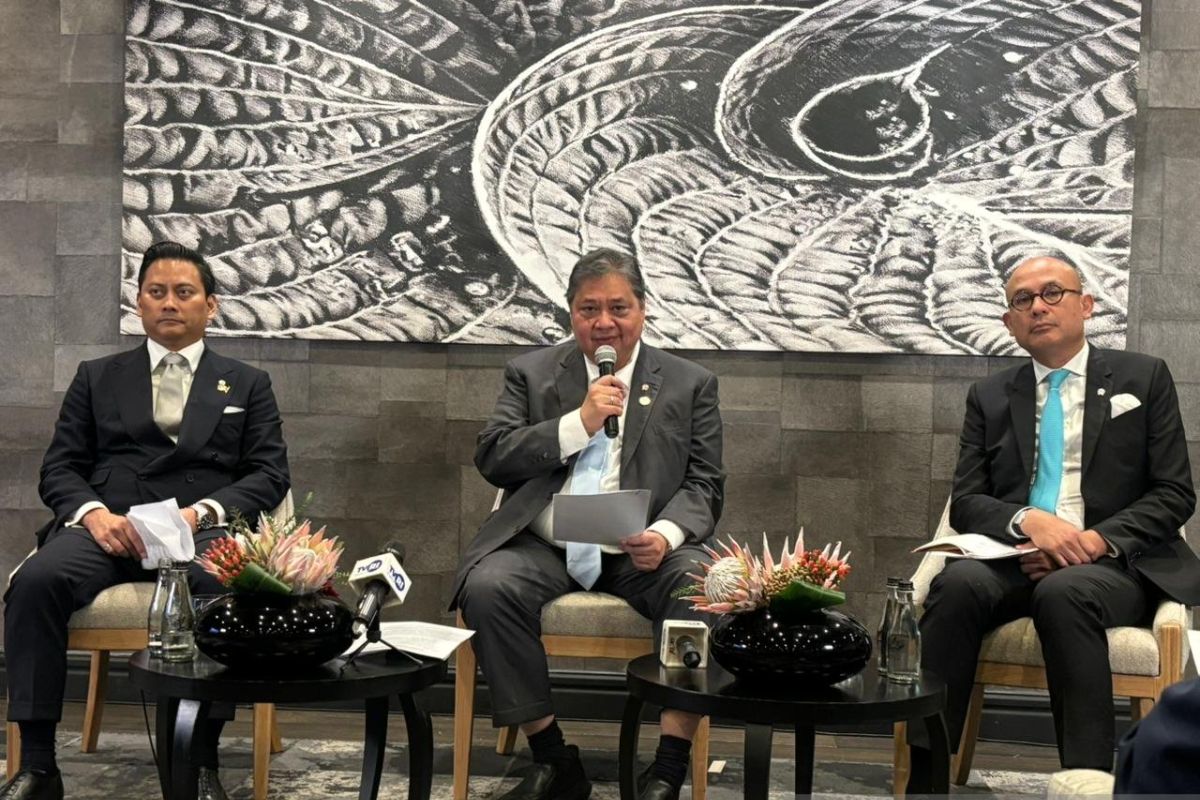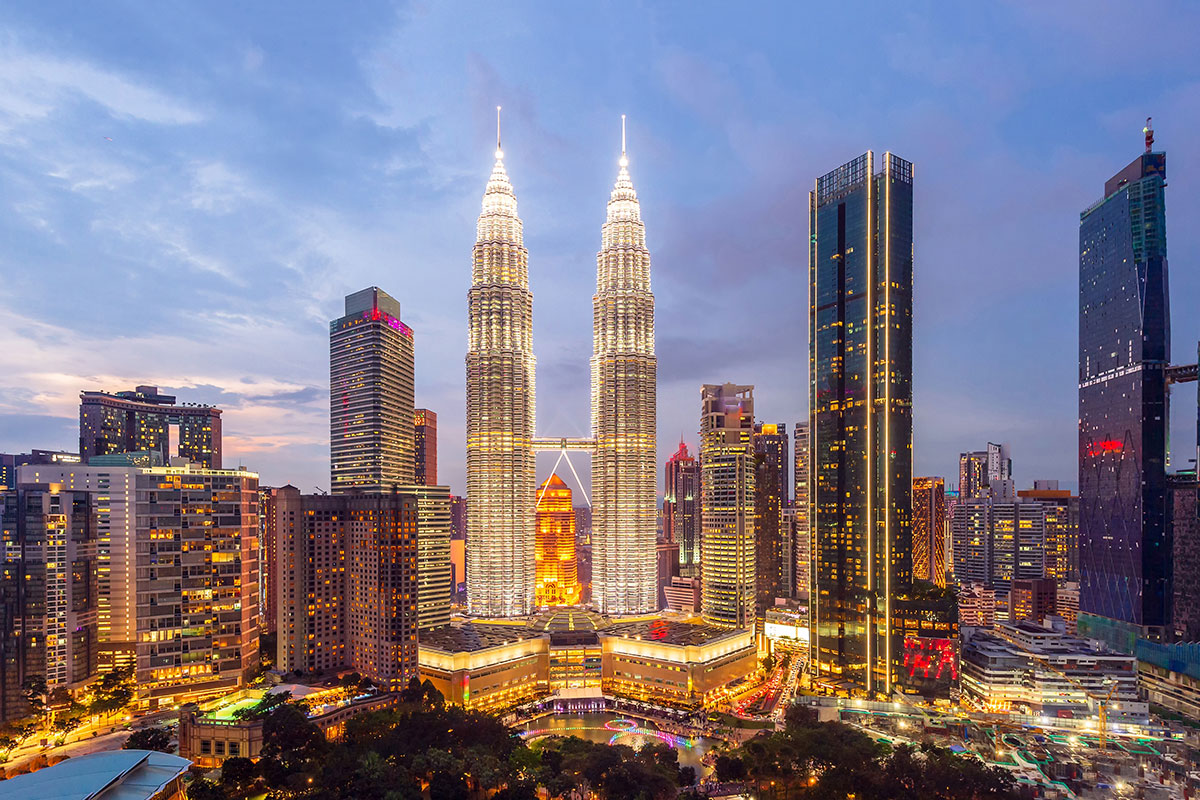A social media post by Malaysian minister Tengku Zafrul Aziz about enjoying an early morning run in Sabah has reignited a debate over whether the Southeast Asian nation is in the “wrong” time zone.
Although Kuala Lumpur and Singapore lie on roughly the same longitude as Bangkok and Jakarta, they run an hour ahead on the clock, aligned with Manila, a city far to the east. This artificial shift to GMT+8 pushes sunrise in peninsular Malaysia to around 7am, much later than Jakarta’s 5.30am or Manila’s 6am, where the local time more closely tracks the position of the sun. Critics argue this limits morning daylight and disrupts circadian rhythms.
Mr Aziz, an enthusiastic runner, underlined the contrast saying Kota Kinabalu’s earlier sunrise allowed him to fit in a morning run before his 8.30am engagement.
Kota Kinabalu is the capital city of the Borneo state of Sabah.
Peninsular Malaysia sits on the Southeast Asian mainland, while Sabah and Sarawak lie across the South China Sea on the island of Borneo.
“I bumped into many KK runners today! Power! Let’s continue to practise a healthy lifestyle,” the trade and industry minister said in a post on X.
His post drew a flurry of responses urging a return to GMT+7, the time zone observed in Thailand and western Indonesia.
Many argued that people in peninsular Malaysia were “denied” the chance to enjoy early daylight and the late sunrise left them out of sync with natural body rhythms.
Peninsular Malaysia operated on GMT+7.30 after the Second World War, but on 31 December 1981, then prime minister Mahathir Mohamad advanced the clocks by 30 minutes to align the peninsula with Sabah and Sarawak.
Singapore followed suit, saying it wanted to spare travellers and businesses unnecessary disruption.

A niche group active on X has for years been urging Malaysia to turn the clocks back, arguing that more morning sunlight could help tackle health issues like diabetes and obesity.
When the proposal resurfaced in the parliament in March 2024, the government acknowledged the health claims but maintained that altering the time zone would carry major economic consequences.
“The government is not willing to shift away from what was decided in 1981,” then minister of investment, trade and industry Liew Chin Tong said.
Several commentators responded to Mr Aziz’s post urging a change. “BRING BACK GMT +7 to Semenanjung!!” one wrote, referring to peninsular Malaysia.








